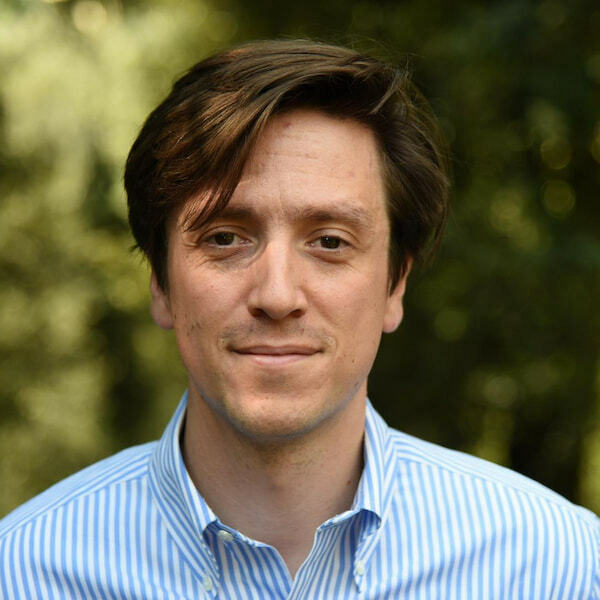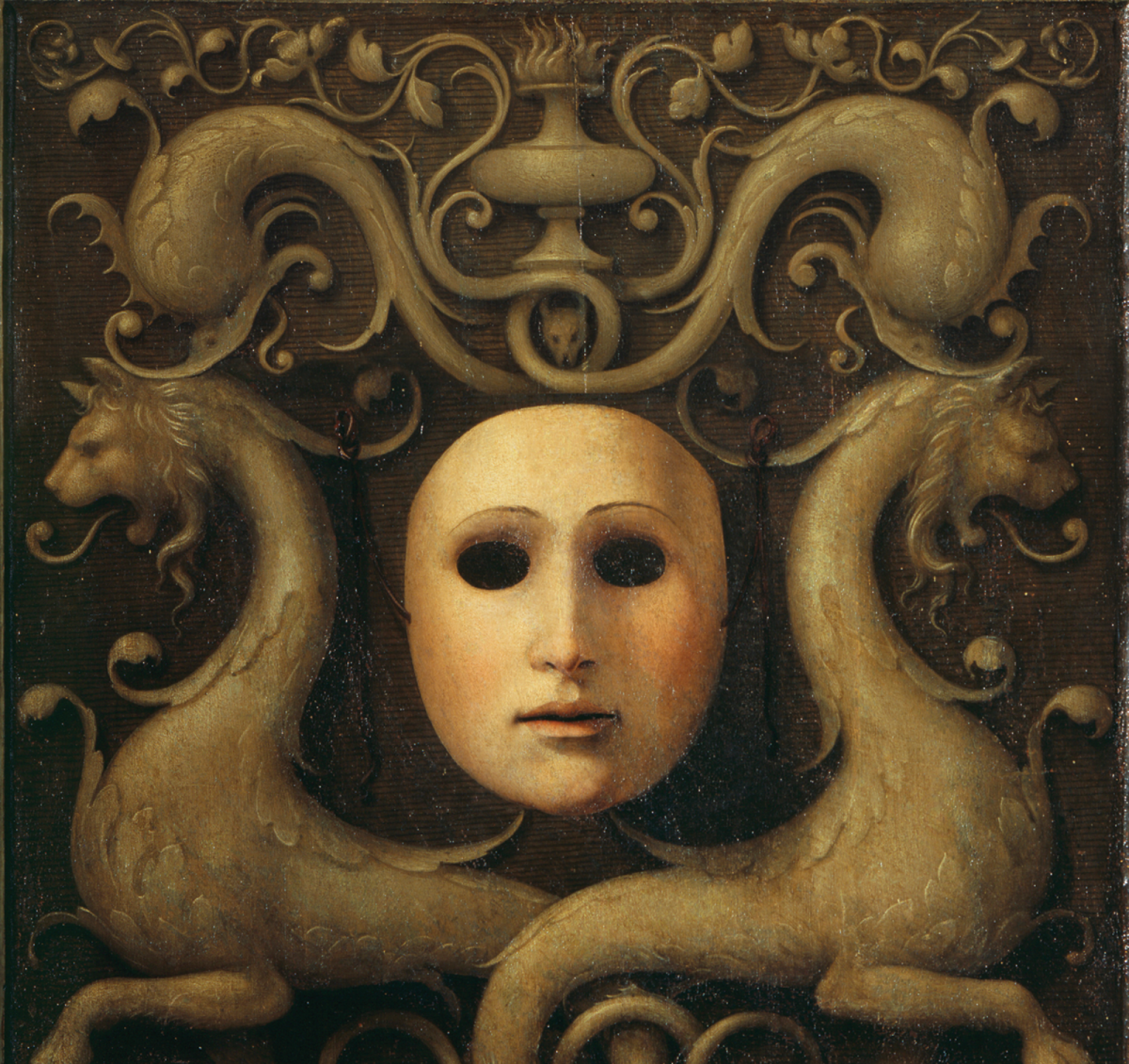Higher Education
PhD, Johns Hopkins University, Baltimore, MD, 2011.
Concordia University, Montréal, Canada
BA, Liberal Arts College (a great books program), with distinction, on the Dean’s List, 2005.
Languages
I am fluent (speak, read, and write) in French, English, and Italian, and I have taught university courses in all three languages. I have also research and reading abilities in Ancient Greek, Latin, German, and Spanish. I have training in Latin and Greek paleography and philology, and have worked with manuscripts and early books in a number of special collections libraries in America and Europe.
Positions
2018-present: University of Notre Dame: Associate Professor of Philosophy with Tenure, Program of Liberal Studies; Italian Studies; Romance Languages and Literatures; Medieval Institute; Member of the Advisory Committee of the Notre Dame Workshop on Ancient Philosophy; Member of the Steering Committee and Faculty Affiliate, History of Philosophy Forum; Faculty Fellow: Nanovic Institute for European Studies; International Scholars in Italy; Rome Global Gateway
2011-2018: University of Notre Dame: Assistant Professor, Program of Liberal Studies; Italian Studies; Medieval Institute; Fellow, Nanovic Institute for European Studies; Member, Workshop on Ancient Philosophy; Faculty Fellow, International Scholars in Italy; Fellow, Rome Global Gateway
Scholarships and Fellowships
I Tatti, The Harvard University Center for Italian Renaissance Studies, Jean-François Maille Residential Fellowship, Florence, Italy, 2020-21.
American Academy in Rome, Phyllis W.G. Gordan National Endowment for the Humanities Rome Post-Doctoral Prize Fellowship, Rome, Italy, 2018-19.
McGill University, Research Fellow, Seminar Leader, and Participant in the international research group, Metaphysics of Conversion from Late Antiquity to Early Modernity, School of Religious Studies, McGill University, Montreal, Canada, co-hosted by the Faculty of Divinity, University of Cambridge, UK, 2018.
Oxford, Harris Manchester College, Constable Fellow in Medieval Studies, Oxford, UK, 2016.
University of Notre Dame, Rome Global Gateway, Faculty Fellow, Rome, Italy, 2014.
Warburg Institute, School of Advanced Study, University of London, Frances A. Yates Research Fellow, London, UK 2012.
Dartmouth College, Ancient Greek Scholar in Residence, Classics, Hanover, NH, 2008.
Johns Hopkins, Villa Spelman, Charles Singleton Fellow, Florence, Italy, 2007.
Academic Awards and Fellowships
2020-21: Jean-François Malle Fellow, I Tatti, The Harvard University Center for Italian Renaissance Studies, Florence, Italy.
2018-19: Phyllis W.G. Gordan National Endowment for the Humanities Rome Prize Fellow, American Academy in Rome, Rome, Italy.
2017: I am the principal investigator for the project, Classical Arabic and the History of Philosophy, which won Notre Dame’s internal competition to select a candidate for the New Directions Fellowship from the Mellon Foundation but was runner-up in the national competition. The following collaborators sponsored my application: Amos Bertolacci, Professor of Medieval and Islamic philosophy at the Scuola Normale Superiore Pisa; Cristina D’Ancona, Professor of Medieval Arabic philosophy at the University of Pisa; Garth Fowden, Sultan Qaboos Professor of Abrahamic Faiths in the Faculty of Divinity and Senior Research Associate at Peterhouse at Cambridge University; and Issam Marjani, Lecturer in Arabic at the Université Sidi Mohammed Ben Abdella and the Abjadiyya Institute of Fez (Morocco) and the University of Pisa.
Books and Monographs
Plato’s Persona: Marsilio Ficino, Renaissance Humanism, and Platonic Traditions (Philadelphia: University of Pennsylvania Press, 2018)
Book Projects in Process
Controversies over God and Being in the Italian Renaissance: religion, philosophy, and Giovanni Pico della Mirandola’s De ente et uno. (tentative title): Controversies over God and Being in the Italian Renaissance is a new book on Giovanni Pico’s De ente et uno. I will include the first full translations of the works involved in its controversies. Pico’s debate with friends over the nature of God and reality at a Medici villa quickly spread like storms not just over Christianity, but also Judaism, Islam, paganism, and religion per se. Many intervened: university professors and poets, like Cittadini and two Benivieni brothers; Savonarola and Dominicans in Florence; the philologist Poliziano; Pico’s polymath nephew Gianfrancesco; the expert of Arabic and Jewish philosophy del Medigo; and Ficino, whose Platonism Pico first targeted. Nota Bene: This project is supported by Harvard University’s I Tatti Center for Italian Renaissance Studies.
The Marsilio Ficino Editions Project is supported by a three-year Faculty Research Support Regular Grant from the Office of Research, University of Notre Dame ($73,796). I am the principal investigator, editor, and author of Marsilio Ficino’s Latin translations of Iamblichus’s De secta pythagorica and Theon of Smyrna’s Mathematica. The editions (De secta Pythagorica and Mathematica) are under contract with Aragno Editore (Turin) in their Ficinus Novus series, directed by Maurizio Campanelli, Professore di filologia, Sapienza, Università di Roma, Christopher Celenza Dean of Georgetown College, Georgetown University, and Sebastiano Gentile, Professore Ordinario, Università degli Studi di Cassino. The editions will be accompanied by a long and detailed study that aims at examining the following four items: i) the development of Ficino’s translations and the place of these translations in his oeuvre; ii) the place of these works in the history of Neoplatonism and Platonic traditions in general; iii) comparing these translations to a brief typology of Greek to Latin translations of philosophy in the Middle Ages and the Renaissance; iv) a brief study of the fortune of these works.
Edited Volumes
Marsilio Ficino’s Cosmology: Sources and Reception, ed. D. J.-J. Robichaud and H. D. Rutkin. Special issues of Bruniana & Campanelliana: Ricerche Filosofiche e Materiali Storico-Testuali 26.2 (2020). Contributors: D. Robichaud, H. Darrel Rutkin, M. V. Comacchi, T. Katinis, and J. Regier.


